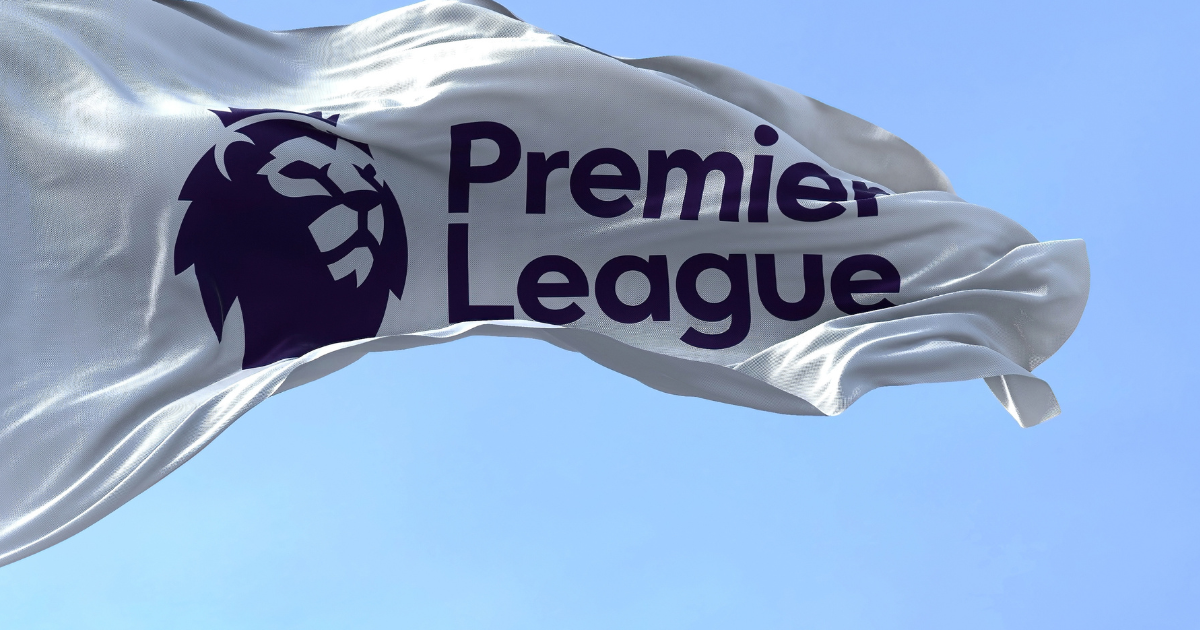
Sustainability in the Premier League
Football cannot be considered solely for its technical, tactical, and entertainment value. The most beautiful game in the world, in fact, is inevitably also concerned with considerations related to sustainability (ESG). This does not only refer to the economic aspect but also includes environmental governance, social inclusion matrices, and infrastructure-related issues.
And it is precisely at the Stadio Olimpico in Rome, during the SFS24 event, that sustainability will be the protagonist of an interesting panel featuring Chris Goodwin and Tom Harris, who are at the forefront of sustainability policies for their respective clubs, Chelsea F.C. and Brighton.
The Premier League, in fact, has been leading the way in terms of sustainability and social responsibility compared to other European leagues for about a decade, becoming a reference point in the world of football. Besides being the most important European league, the Premier League is also beginning to take significant steps toward a much greener future. Specifically, the former club coached by Roberto De Zerbi, which has also adhered to the United Nations’ Sport for Climate Action Framework, has launched a project called “My Albion. My Planet.”. Focused on a global cause, the Seagulls have set the goal of reducing greenhouse gas emissions by 2030 and achieving net-zero by 2040. How will they do it? By focusing on five key areas: Energy & Water, Supply Chain, Travel & Transport, Waste, Biodiversity, and Culture & Community. It is a commendable initiative by the club, which is very active in communicating its efforts on its main social media channels.
Chelsea, led by president and co-owner Todd Boehly, also deserves particular mention. The Blues, in addition to being one of the most successful clubs in England, are especially sensitive to these topics thanks to the Chelsea FC Foundation, a non-profit organization that manages the club’s socially-oriented initiatives. More specifically, the foundation is involved in activities related to recreation, educational services, social inclusion projects, and events against racism.
Lastly, it is interesting to note the appeal these projects and foundational values have for sponsors. A discussion about sustainability, therefore, cannot overlook the economic dynamics that are the backbone of the football industry. However, it is important to avoid what is colloquially referred to as sport swashing, a practice where individuals, groups, corporations, or governments use sports to rehabilitate compromised reputations and obscure illicit behavior.
To delve deeper and better understand these issues, attending the event and critically reflecting on them with the help of industry professionals is essential.



